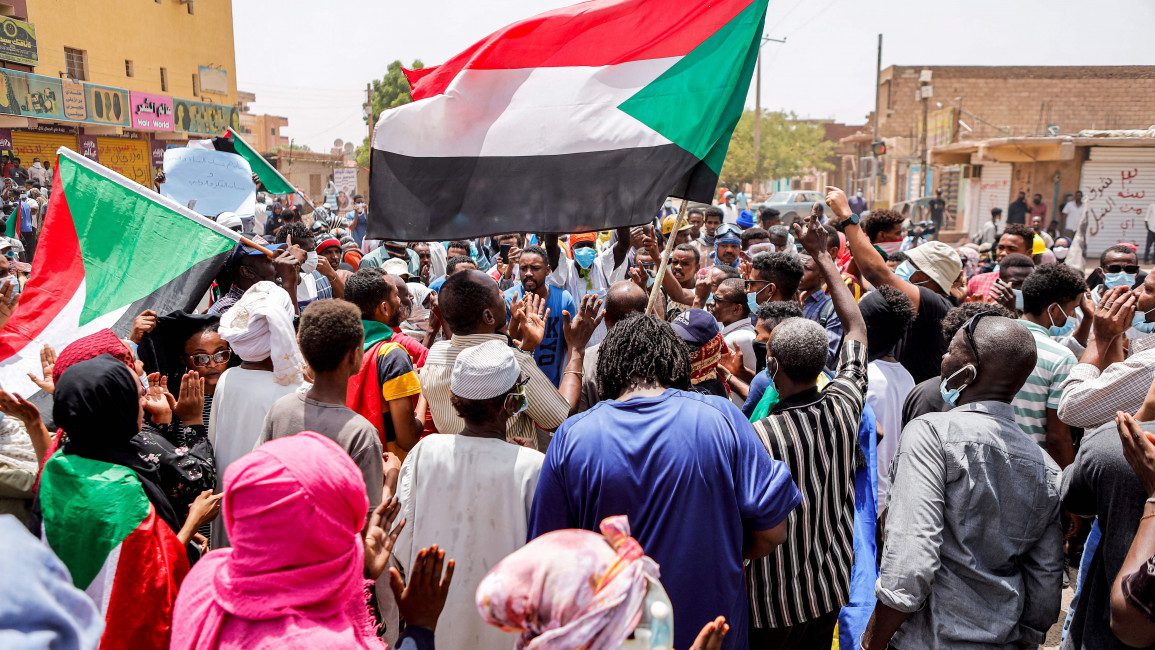Africa
Sudan’s Tigray War Refugees hope to return home following peace agreement

A November peace agreement between Ethiopian federal forces and the Tigray People’s Liberation Front looks to be holding, giving hope to some of the more than 70,000 Ethiopians who fled to Sudan during the two-year battle in the Tigray area.
Many of those refugees, nevertheless, doubt the stability of the peace.
After his wife was killed during the battle, 61-year-old Tigrayan Tesfai Gabriel-Mariam escaped the civil war in Ethiopia and sought safety in Sudan’s Um Rakuba refugee camp two years ago. Since then, he has been residing in a temporary shelter with his two grandchildren.
The peace agreement has given rise to hopes that they will soon be able to go back home, but Tesfai says he is concerned for their safety because there are rumours that people are still being slaughtered.
The Ethiopian government denies the allegations made by rights groups that hundreds of thousands of Tigrayans were forced from their homes in an act that amounted to ethnic cleansing.
It’s unclear what Tigrayan refugees like Tesfai would have left behind if they had been able to return home, even if their safety had been guaranteed. Tesfai operated a grocery store in Mekelle, the capital of Tigray, but claims that it was robbed during the conflict.
Other Tigrayans who reside in Um Rakuba share his narrative and concerns.
A 58-year-old mother of four named Muluk Garsihar also arrived at the camp two years ago. She claims that living as a refugee has been challenging and that if there is peace, she would like to go back to Tigray. She is unsure of how to ensure that the agreement will be carried out, though.
READ ALSO: In Central Somalia, two suicide bombings leave 15 people dead
Foreign troops had to leave Ethiopia, the TPLF had to give up its weapons, and Tigray had to get back access to basic services.
In December, Ethiopia let more humanitarian aid into the area and partially fixed Tigray’s access to planes, power, and phone lines.
Even though it wasn’t clear if all Eritrean fighters had left Tigray, people in the towns of Axum and Shire in Tigray said last week that Eritrean troops fighting on the side of Ethiopia’s federal forces had left.
However, 61-year-old Tigrayan refugee Birhan Hairo is still concerned that the peace accord won’t last.
Although she claims that conditions in the Um Rakuba camp have gotten worse recently, she still chooses to remain there rather than go back home and run the chance of being killed.
According to Birhan, she and her family lost a lot of relatives during the conflict and won’t feel secure returning until Ethiopia has a new prime minister.
In October, the UN said that 500,000 Ethiopians had died because of fighting, starvation, illness, and not being able to get medical care.
The timing of Tigrayans’ safe return to Ethiopia was not immediately clear from the United Nations’ refugee agency in Sudan. The Sudanese Humanitarian Commission, which is in charge of the country’s refugee issues, did not respond to requests for comment.
